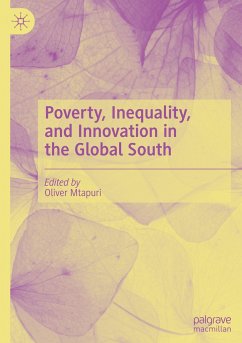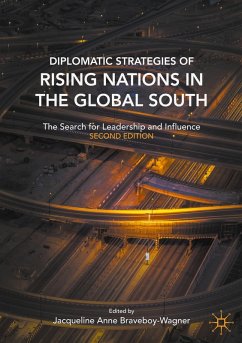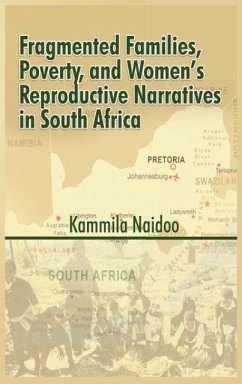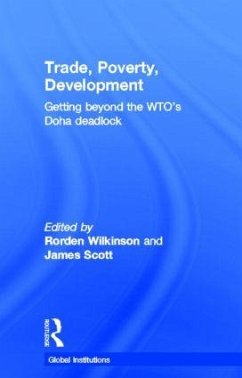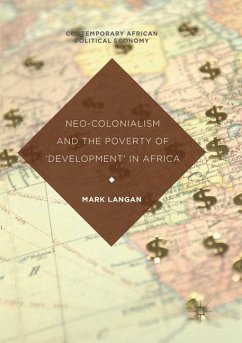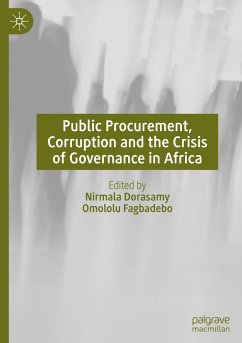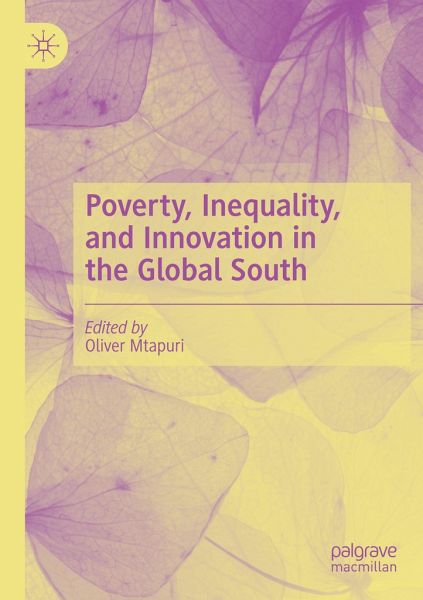
Poverty, Inequality, and Innovation in the Global South
Versandkostenfrei!
Versandfertig in 6-10 Tagen
106,99 €
inkl. MwSt.

PAYBACK Punkte
53 °P sammeln!
This edited volume analyzes the experiences learned in practice especially among small holder farmers to eradicate poverty. In other words, it discusses practical solutions which small scale farmers can use to alleviate poverty and reduce inequality. This addresses the issue of inclusive and sustainability of projects leading to the notion of not leaving anyone behind. The book provides insights that can be translated into policy with potential to inform practice. It also has the potential to address the issue of rural urban migration by providing knowledge that is usable by small scale farmer...
This edited volume analyzes the experiences learned in practice especially among small holder farmers to eradicate poverty. In other words, it discusses practical solutions which small scale farmers can use to alleviate poverty and reduce inequality. This addresses the issue of inclusive and sustainability of projects leading to the notion of not leaving anyone behind. The book provides insights that can be translated into policy with potential to inform practice. It also has the potential to address the issue of rural urban migration by providing knowledge that is usable by small scale farmers, policy makers and entrepreneurs alike. The volume is written by authors from different countries, Nigeria, Tanzania, and Zimbabwe, indicating the commonality of the problems of poverty and inequality. It contains insights from all these countries assembled together into an amalgam of practices ready to use and implement informed by evidence from the field as most of the chapters are based onempirical data.



